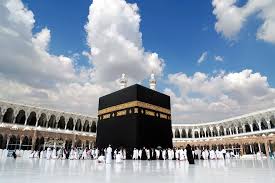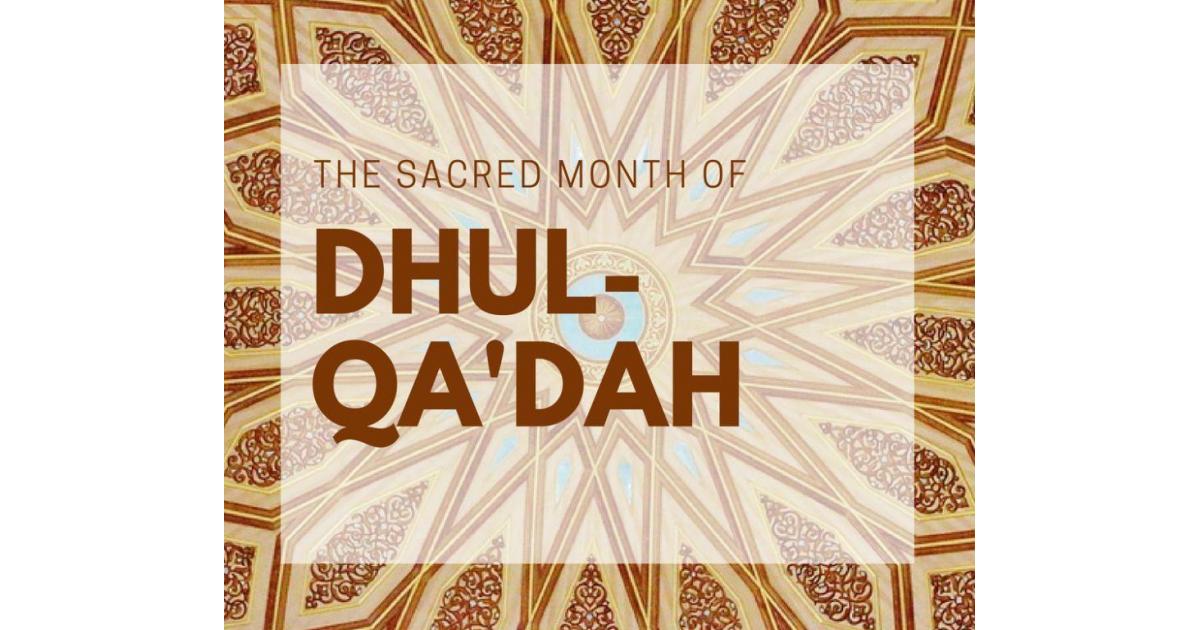The Battle of Karbala is one of the most poignant and significant events in Islamic history. It is a story of immense sacrifice, steadfastness, and unwavering commitment to justice. This battle, which took place on the 10th of Muharram in the year 680 AD (61 AH). Marks a pivotal moment in the lives of Muslims, particularly for Shia Islam. Through this article, we at thefuturedreams.com aim to delve into the profound details of this historic event. Touching upon all its critical aspects and key figures.
Imam Hussain ibn Ali
At the heart of the Battle of Karbala is Imam Hussain ibn Ali, the beloved grandson of Prophet Muhammad. Imam Hussain was born to Ali ibn Abi Talib and Fatimah, the daughter of the Prophet. Known for his holiness, wisdom, and righteousness. Hussain was a central figure in the resistance against the oppressive regime of Yazid ibn Muawiya.
Imam Hussain stood as a symbol of resistance against tyranny. When Yazid, who had succeeded his father Muawiya, demanded allegiance from Hussain, he refused. For Imam Hussain, pledging loyalty to a corrupt and unjust ruler was against the principles of Islam. His refusal set the stage for the tragic events unfolding in Karbala.
Karbala
Karbala, a city in present-day Iraq, became the battlefield for this epic confrontation. It was here that Imam Hussain and his small band of followers faced the vastly superior forces of Yazid. The geographical and historical significance of Karbala cannot overstate. It is not just a place but a symbol of the ultimate sacrifice in the face of overwhelming odds.
Ashura
The 10th of Muharram, known as Ashura, is the day when the Battle of Karbala reached its tragic climax. Ashura is a day of mourning for Shia Muslims worldwide. It commemorates the martyrdom of Imam Hussain and his followers. The events of Ashura was mark by sorrow, reflection, and various forms of mourning rituals.
On this day, Imam Hussain and his companions was brutally kill after days of thirst and hunger. The refusal of Yazid’s army to allow them access to the Furāt River for water highlighted the inhumane treatment they endured. The sacrifices made on Ashura are remembered for their profound impact on Islamic history and theology.
Companions of Imam Hussain
The companions of Imam Hussain were a small but dedicated group who chose to stand with him despite knowing the likely fatal outcome. These companions, numbering around 72, included his family members and loyal supporters. They remember for their unwavering loyalty and bravery.
Among these companions were prominent figures like Al Abbas ibn Ali, the half-brother of Imam Hussain, known for his valor and loyalty. Al-Abbas made significant sacrifices during the battle. including his efforts to retrieve water for the besieged camp, a mission that cost him his life.
Banu Hashim
The Banu Hashim clan, to which Imam Hussain belonged, played a crucial role in the events of Karbala. The Banu Hashim were the descendants of Hashim, the great-grandfather of Prophet Muhammad. This noble lineage included many of Imam Hussain’s close relatives who fought alongside him and were martyred.
The presence of Banu Hashim in Karbala highlighted the familial and tribal bonds that were central to Arab society at the time. Their sacrifice underscored the deep-rooted commitment to uphold justice and defend the principles of Islam, even in the face of certain death.
Al Abbas ibn Ali
Al Abbas ibn Ali, also known as Abu al-Fadl, was the son of Ali ibn Abi Talib and the half-brother of Imam Hussain. He is one of the most revered figures in the Battle of Karbala due to his extraordinary bravery and loyalty. Al Abbas was the commander of Imam Hussain’s. Forces and was entrusted with the task of fetching water for the thirsty children in the camp.
His final act of bravery, where he tried to bring water from the Furāt River and was ambushed, is a poignant moment in the narrative of Karbala. Al Abbas‘s courage and selflessness have made him a symbol of sacrifice and loyalty in Islamic tradition.
Ali Asghar (Abdullah) ibn Hussain
Ali Asghar, also known as Abdullah, was the infant son of Imam Hussain. His tragic fate in the Battle of Karbala serves as a heart-wrenching reminder of the inhumanity faced by Imam Hussain’s camp. In a desperate plea for water for his dying child, Imam Hussain held Ali Asghar in his arms and appealed to the enemy forces. Instead of compassion, an arrow was shot that killed the baby.
Ali Asghar’s martyrdom is one of the most emotional and tragic aspects of Karbala, symbolizing the sheer brutality of Yazid’s forces and the ultimate sacrifice made by Imam Hussain’s family.
Shimr ibn Dhil-Jawshan
Shimr ibn Dhil-Jawshan was one of the key commanders in Yazid’s army and is infamously know for his role in the martyrdom of Imam Hussain. His actions in the Battle of Karbala have made him a symbol of cruelty and betrayal in Islamic history. Shimr‘s role in the battle, particularly his order to behead Imam Hussain. Marks him as one of the most reviled figures in this tragic event.
Conclusion
The Battle of Karbala is more than just a historical event; it is a profound narrative of sacrifice, faith, and the struggle for justice. The martyrdom of Imam Hussain ibn Ali, the heroism of his companions, the suffering endured by the Banu Hashim, the bravery of Al Abbas ibn Ali, the innocence of Ali Asghar, and the cruelty of Shimr ibn Dhil-Jawshan all contribute to a rich tapestry of lessons and reflections for Muslims and non-Muslims alike.
This battle, commemorated every year during Ashura, serves as a timeless reminder of the importance of standing up against oppression, no matter the odds. The sacrifices made in Karbala continue to inspire millions to uphold the values of justice, righteousness, and unwavering faith.
At thefuturedreams.com, we honor the legacy of Karbala and encourage our readers to delve deeper into its history and significance. The Battle of Karbala is not just a story of the past; it is a beacon of light for those seeking truth and justice in the present and future.




